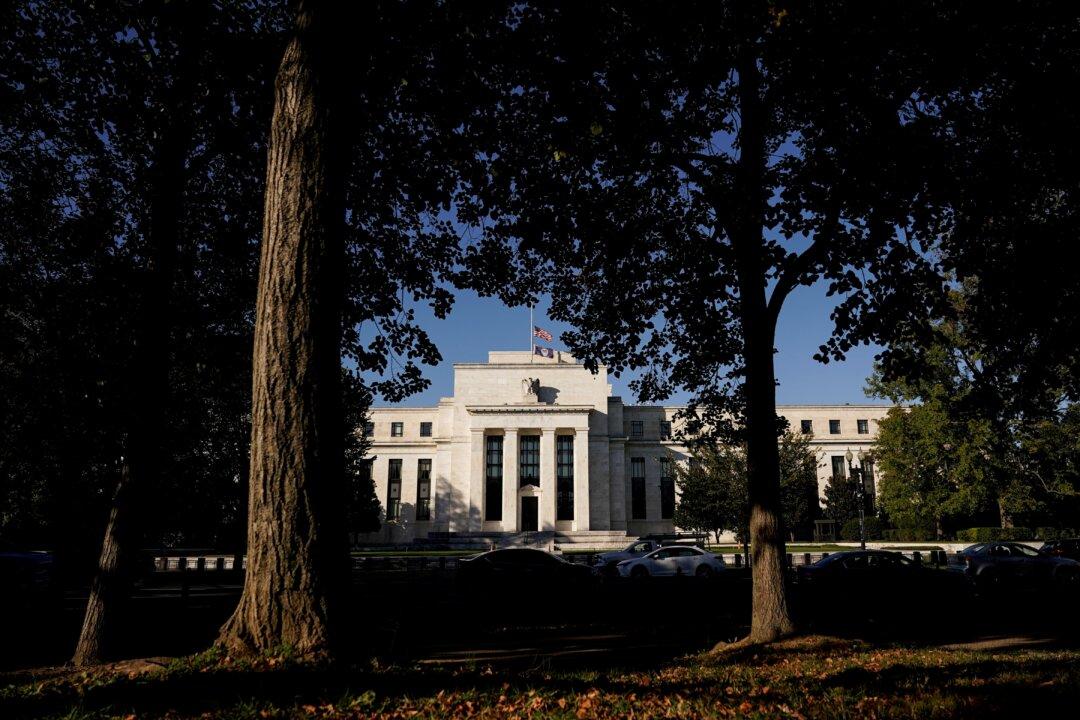Commentary
The European Central Bank (ECB) has made the Federal Reserve’s (Fed) job harder. After dangerously ignoring inflation for months, Fed Chairman Jerome Powell has at last adopted an anti-inflationary policy stance.

The European Central Bank (ECB) has made the Federal Reserve’s (Fed) job harder. After dangerously ignoring inflation for months, Fed Chairman Jerome Powell has at last adopted an anti-inflationary policy stance.